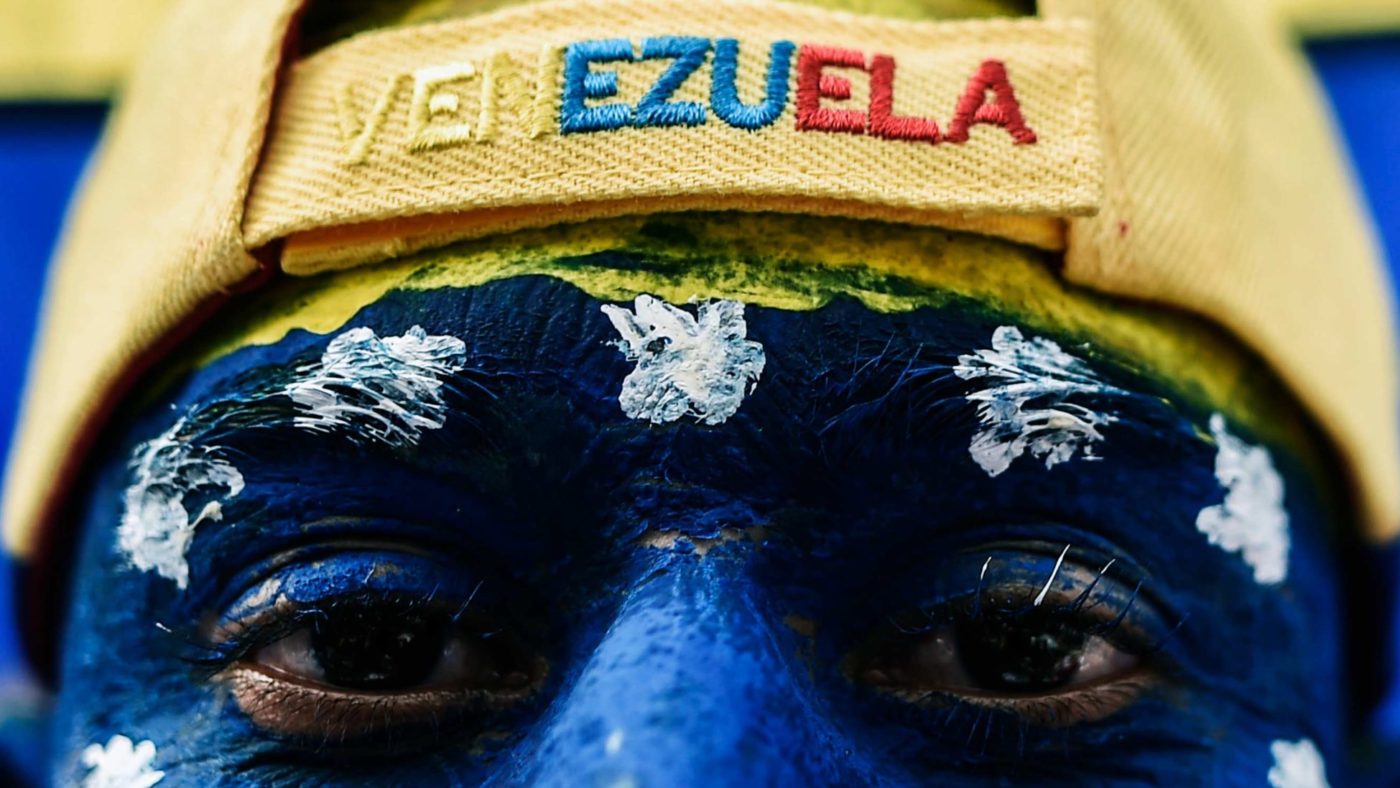“There is an interference in Venezuela, it is Cuba where they handle part of the intelligence and counterintelligence apparatus, especially dedicated to terrorising the military, mainly so that they do not openly pronounce themselves against the regime.”
These are the words of Juan Guaidó, the man widely recognised as the Interim President of Venezuela.
Unfortunately, many fail to acknowledge the reality of the Cuban military intervention. Notably, the EU is warning against foreign military intervention in Venezuela by forces allied to the democratic opposition, without mentioning the Cuban forces already there.
“We must avoid a military intervention,” said Maja Kocijancic, the spokeswoman for EU diplomatic chief Federica Mogherini. “What is explicitly quite clear, from our point of view, is that we need a peaceful political and democratic and Venezuelan-owned resolution of this crisis,” she added. “This obviously excludes the use of force.”
But is the EU prepared to actually take practical steps to help the opposition restore democracy in Venezuela by applying meaningful pressure on the Maduro regime and on Cuba, both of whom are actively using force to suppress democracy?
Little has been done to date. The EU has sanctioned only 18 corrupt Maduro regime members, whereas the US has sanctioned over 70. Brussels has not applied any economic sanctions against the Maduro regime and EU countries still permit the purchase of Venezuelan oil without requiring that the proceeds are remitted to the Guaido administration. Little effort has been made to track down and seize the huge quantities of Venezuelan state funds that have been stolen by corrupt regime members and affiliates, many of whom are living in Europe quite undisturbed.
Most importantly, the EU is doing nothing to stop the Cuban military intervention. Luis Amalgro, Secretary-General of the Organisation of American States, has described the Cuban force as “an occupation army that teaches to torture.” The Colombian Ambassador to the UN has similarly described it as “an authentic army of occupation, the Cuban Army, more than 22,000 men in charge of refining repression and the police state.”
In charge of the two key Venezuelan intelligence agencies, these Cuban military and intelligence officers concentrate on rooting out dissent within the Venezuelan armed forces and preventing any revolt against Maduro. As Guaidó has observed, their role is absolutely crucial to the preservation of the Maduro dictatorship.
The EU and its member countries need to do their utmost to push Cuba into withdrawing its intervention force from Venezuela. This means the EU’s current approach to Cuba, based on rapprochement and encouraging investment into Cuba, needs to change very rapidly. It is centred around a ‘Political Dialogue and Cooperation Agreement,’ signed between the EU and Cuba in 2016. Cuba is not abiding by the terms of that agreement, but is still reaping the benefits of it.
In the agreement Cuba affirms its “respect for universal human rights…. commitment to the recognised principles of democracy, good governance and the rule of law and commitment to promoting international peace and security and the peaceful settlement of disputes, in conformity with the principles of justice and international law”.
In reality Cuba continues to flout human rights, as detailed by all major human rights organisations such as Amnesty International and Human Rights Watch, and maintains an occupation army in Venezuela that is busy repressing dissent and torturing political prisoners.
Nevertheless the EU continues with its policy of rapprochement. It is actually providing financial support to Cuba to the tune of €55m as well as encouraging investment there.
The EU is in a good position to apply serious pressure on Cuba. It is Cuba’s largest external investor and the second most important trading partner. Over a third of Cuba’s tourist market, which now accounts for over 10 per cent of GDP, is accounted for by arrivals from the EU.
The EU should exercise the full range of policy levers to press Cuba to withdraw its forces from Venezuela. Starting with a simple request to Cuba to withdraw its forces, if this is not implemented, strong economic sanctions should follow, as well as individual sanctions against those Cubans either operating in Venezuela or directing them.
In a significant move, the Venezuelan National Assembly has just passed a decree forbidding subsidised oil exports to Cuba. US National Security Adviser John Bolton has tweeted that “Insurance companies and flag carriers that facilitate these give-away shipments to Cuba are now on notice”.
The EU and the UK need to back the National Assembly’s initiative and fall into line with Latin American countries and the US. After a strong denunciation of Cuba’s intervention in Venezuela, the US Secretary of State has just emphasised that “the United States is drawing a clear line between those who aid the forces of repression and those who give life to Venezuelan people’s democratic dreams.”
It is time to choose between Cuba and Venezuelan democracy.
CapX depends on the generosity of its readers. If you value what we do, please consider making a donation.


